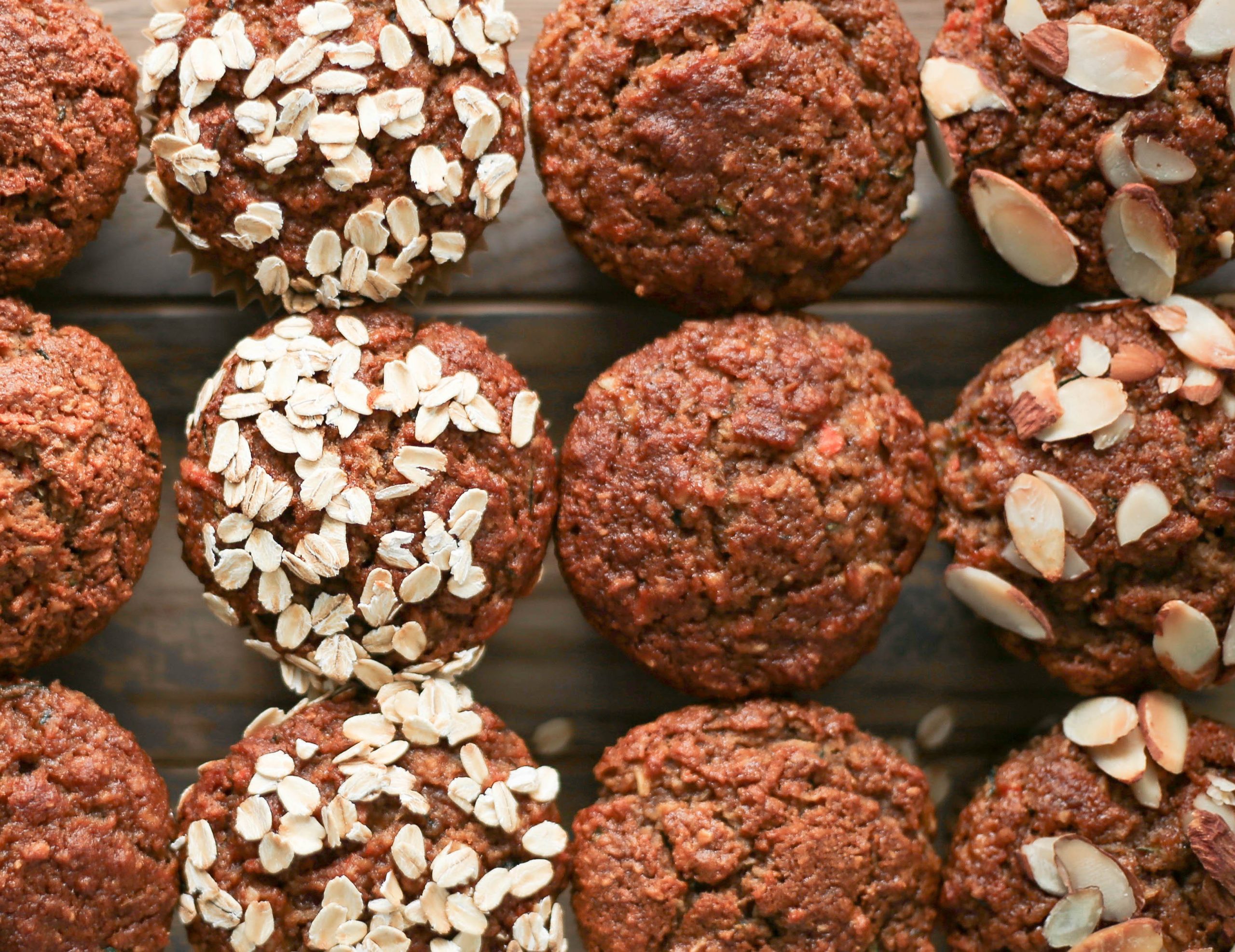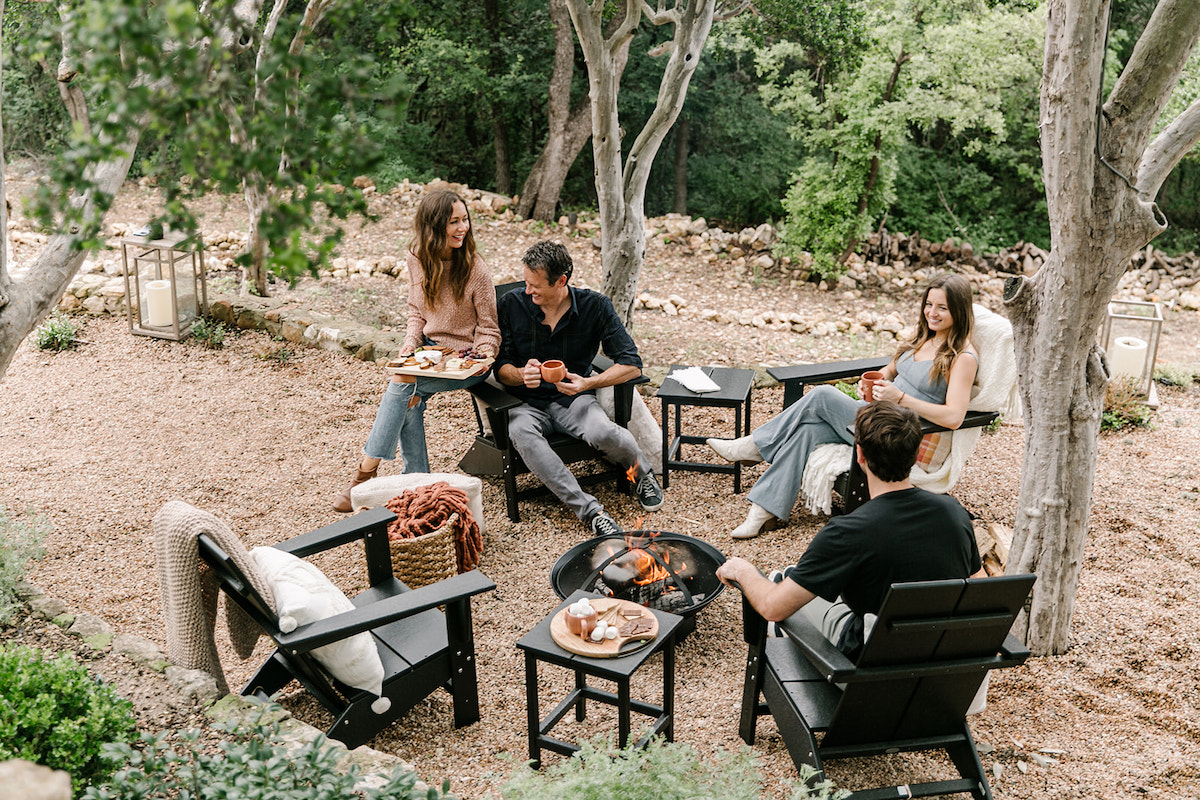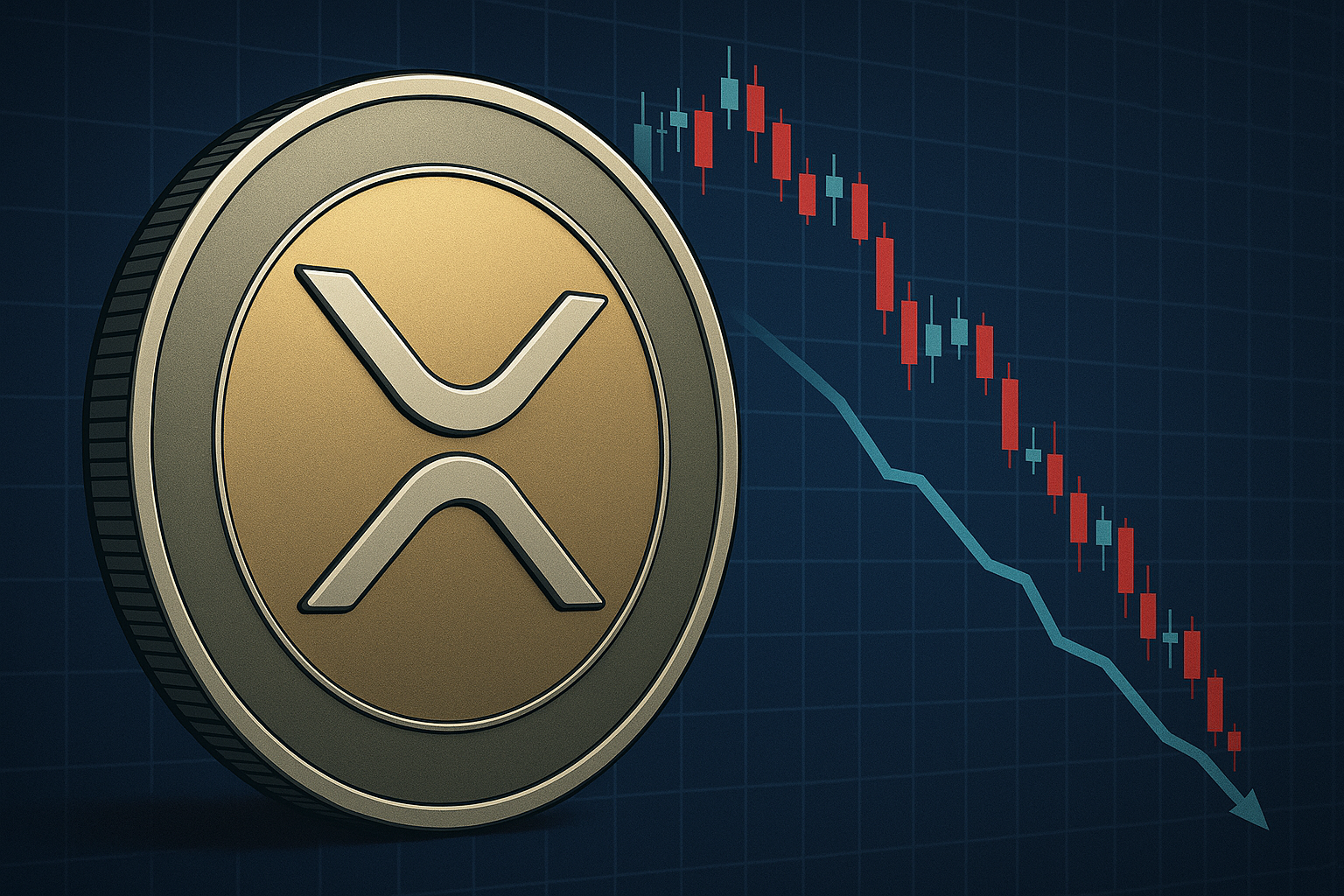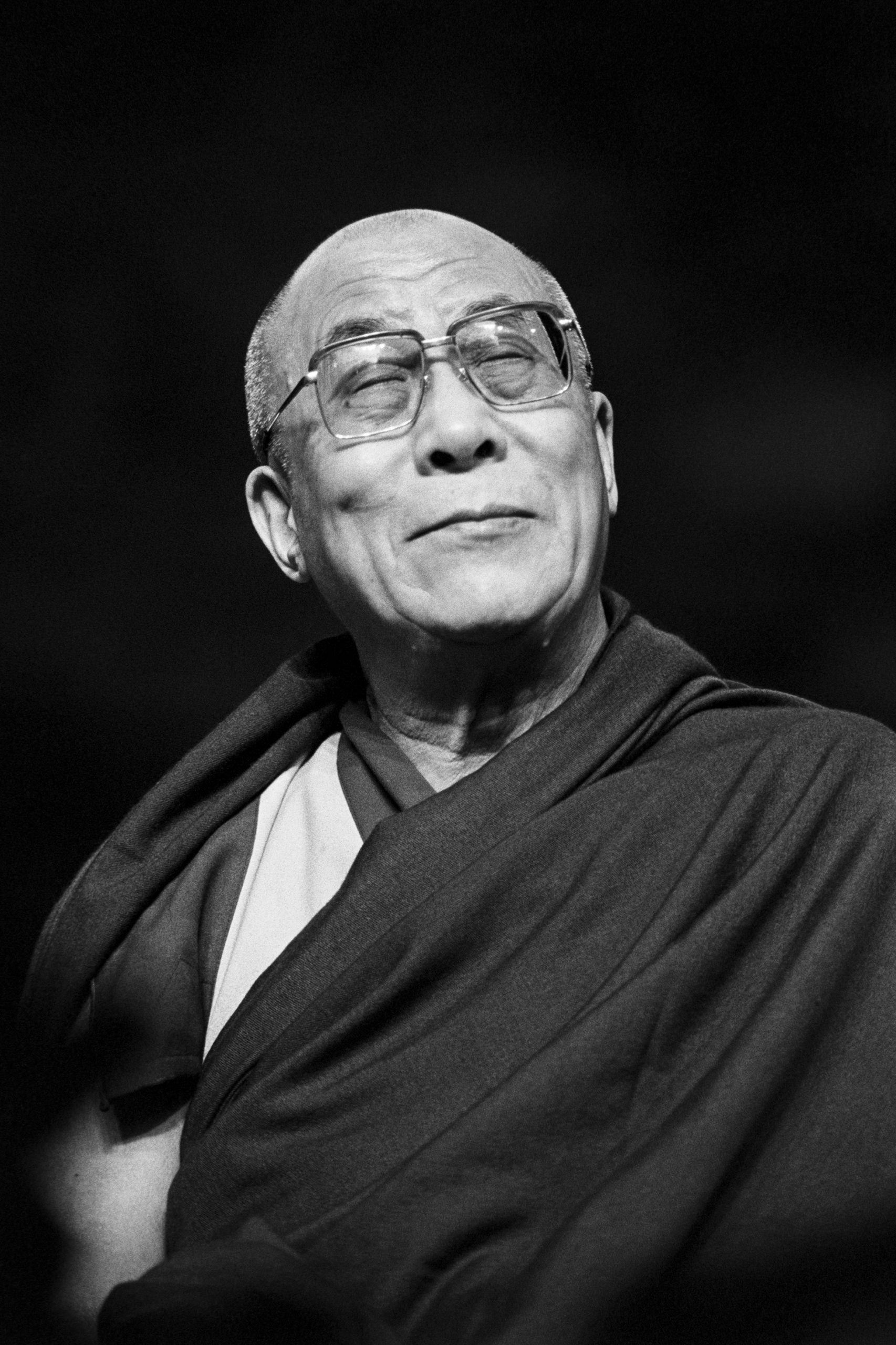Combining the magic of Mexico City with the charm of Oaxaca: A journey of art, flamboyance and escapism
With Mexico City’s popularity showing no sign of waning, Geordie Grieg follows in the footsteps of Winston Churchill, Marlon Brando and Madonna to discover why travellers continue to be drawn to this enchanting capital – and where they should...

Your support helps us to tell the story
From reproductive rights to climate change to Big Tech, The Independent is on the ground when the story is developing. Whether it's investigating the financials of Elon Musk's pro-Trump PAC or producing our latest documentary, 'The A Word', which shines a light on the American women fighting for reproductive rights, we know how important it is to parse out the facts from the messaging.
At such a critical moment in US history, we need reporters on the ground. Your donation allows us to keep sending journalists to speak to both sides of the story.
The Independent is trusted by Americans across the entire political spectrum. And unlike many other quality news outlets, we choose not to lock Americans out of our reporting and analysis with paywalls. We believe quality journalism should be available to everyone, paid for by those who can afford it.
Your support makes all the difference.
To wander the streets of Mexico City is like entering a David Hockney painting: vibrant colours so bright they dazzle. Chairs outside small pavement cafes are sometimes searing turquoise, tables cobalt blue, front doors crimson or sunflower yellow, all of which stand out from 1,000 yards.
And the energy is infectious even for a city of siestas and quiet contemplation in its green parks, tree-lined boulevards and cool churches where time, if not always the traffic, seems to stand still.
The Mexican capital is having an extraordinary moment right now, rightly acclaimed as one of the most exciting cities with its fiesta of food, art, museums and galleries, and unrivalled people-watching.
Sprawling and historic, with Spanish and Aztec monuments, the city today is flamboyant, fast, friendly and often compared by seasoned travellers to New York in the Nineties when the artists of the world seemed to own it. This was before bankers and businessmen moved to the artisan areas and the ensuing high costs made it impossible for it to continue to embrace a sense of bohemia.

Read more: How to spend a day in Condesa, Mexico City’s on-trend neighbourhood
Mexico has a unique vibe of being safer and more sensational than its reputation. It is also a place of devastating contrasts while welcoming a spectacular revival as a tourist destination.
Starchitects like David Chipperfield, the British eco titan and visionary, as well as Marc Quinn, the London artist who put the power back into flowers in contemporary art, are frequent visitors. Chipperfield built here the most dynamic art museum in all of South America.
Madonna flits in and loves to celebrate (and collect) the art of its greatest female artist Frida Kahlo. The city’s potency as an art capital is growing in impact and influence and in the best way, making the city seem as if everyone is sharing art’s vision.
To walk around is to have a street art show, even the greengrocer shops seem to arrange the fruits like a still life in the city’s marketplaces. The Spanish origins of Mexico City date back to 1521 when it was founded on the site of the old Aztec capital. More evidence of the original infrastructure has emerged over the last few decades which adds to beguiling layers of history.
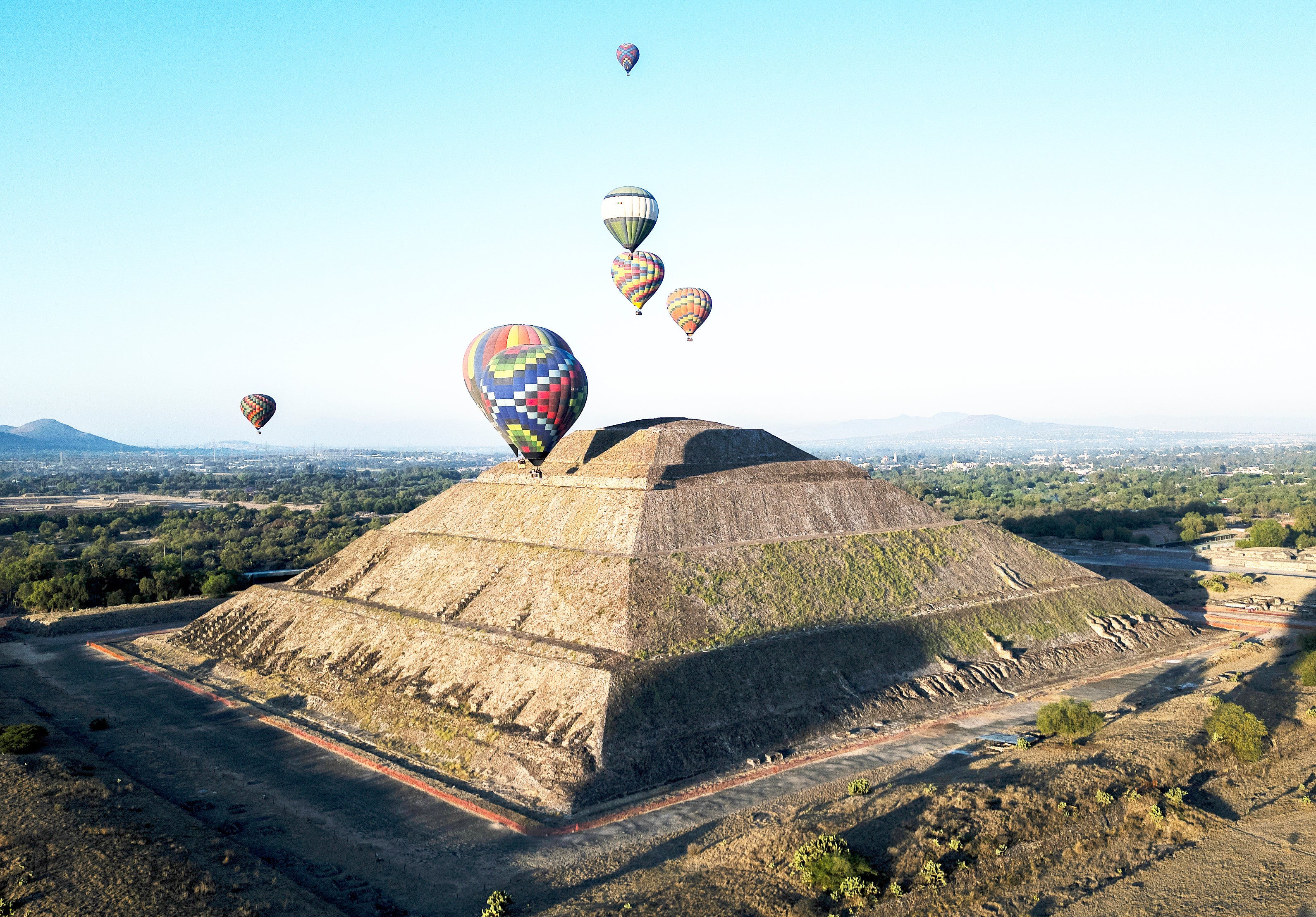
Read more: All aboard the new train route exploring Mexico’s Mayan heartlands
Surrounded by the Sierra Nevada mountains, Mexico City has a teeming population of 20 million people but somehow this does not feel overwhelming; there are so many local districts with their own flavour such as Zocalo, the main square with its dramatic cathedral.
Unmissable is the tree-lined cobbled Coyoacan with its outside cafes, galleries and museums – and most notably, the Frida Kahlo museum which is stunning and inspiring. The building is where she grew up and then lived with her husband Diego Rivera, and where she later died in a room on the upper floor. In 1957, Rivera donated the home and its contents to turn it into a museum in Frida’s honour. Riveting is her later friendship (and affair) with the Soviet politician Leon Trotsky.
Ancient as parts of the city are, it has a modern beat as infectious as any Madonna track on the dancefloor. It also feels remarkably safe even though there are terrible pockets of poverty and homeless ghettos that show stark and shocking contrasts. During Covid, it was famously a hub of escapism, with brilliant weather, beaches and sensational local food that spun a web of romantic allure as a destination for the adventurous.
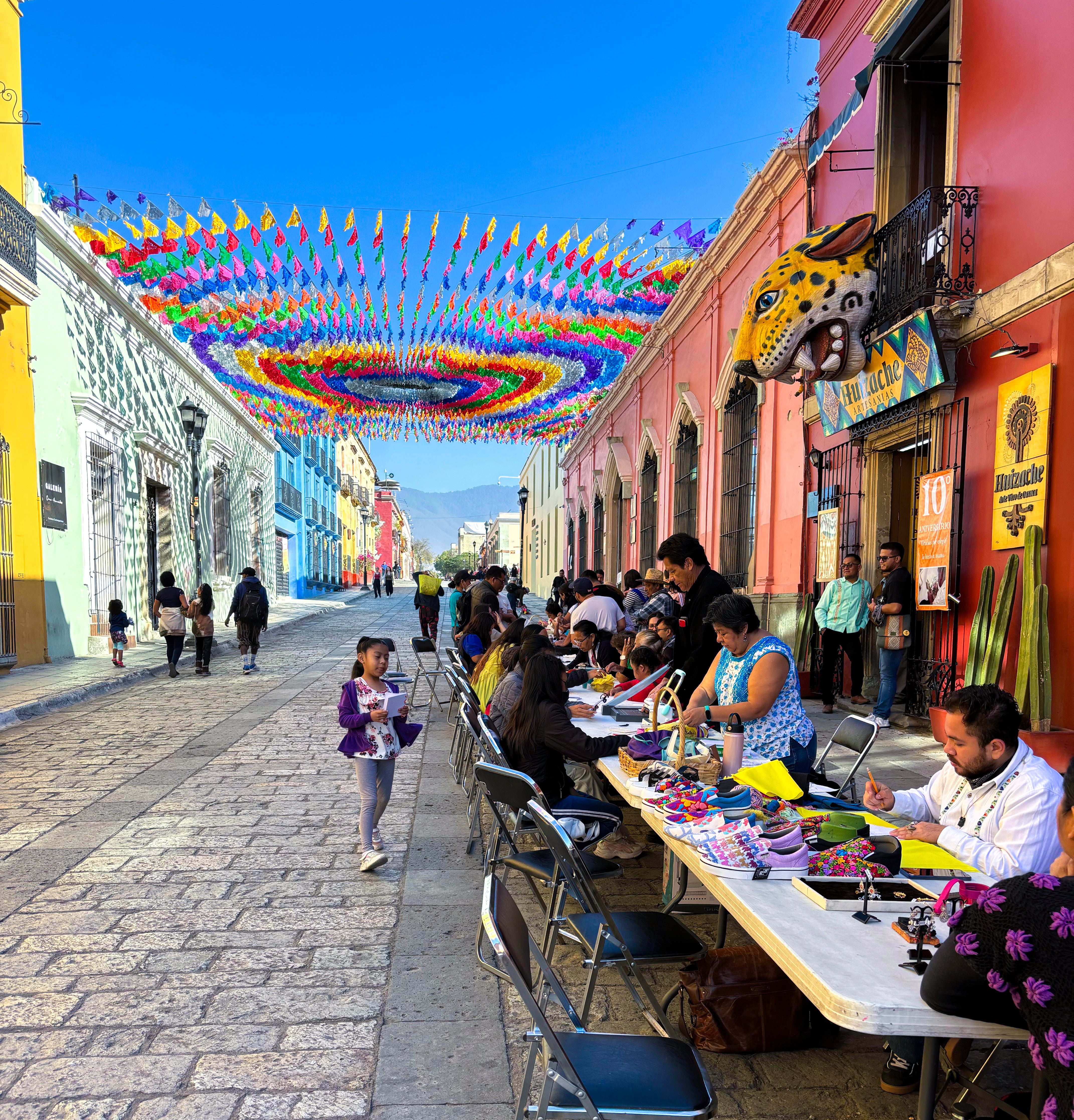
For tradition and quirkiness follow Winston Churchill’s footsteps: stay at the Hotel Geneve in the Zona Rosa district right in the commercial centre. It was avant garde in its day, with Marlon Brando and Gabriel Garcia Marquez among its guests. It feels partly like a museum on the ground floor, with mementos or trinkets of yesteryear and labyrinthine hallways with hints of faded grandeur. It bizarrely has a bar dedicated to Victorian London with an old telephone box. This is one of the last blasts of fading colonialism, with moody portraits, lace and old photographs. Breakfast is, however, chilli hot: very Mexican and delicious.
A change of pace from the centre is a trip to the Teotihuacan pyramids, 50km to the northeast, and an easy drive from the city. These are seriously old, dating to before 3,000BC. It was for centuries abandoned until the Aztecs arrived and then it collapsed for good in the 7th century, with just ruins painting a picture of its last grandeur. This is a cultural paradise with treasures ancient and modern but what most people fall in love with is the city itself.
So a wonderful contrast to the urban delights is a quick hop of a flight; after the thrall of the capital to head to the city of Oaxaca. This is handicraft heaven. It is also a beyond-charming small city. There are wonderful things to see and also to feel a deep breath of calm after the whirl of Mexico City.
Read more: How Mexico City’s humble taco went from market stall to Michelin star

There are great artefacts to buy to pop into your luggage to take home as well as visiting the Zapotec and Mixtec people’s ancient sites at Monte Alban, Yagul and Mitla, truly as intoxicating as the Mayan ruins in the south and east.
And be brave gastronomically. Try the pre-Hispanic delicacy grasshoppers (chapulines), although there is also the more palatable quesillo cheese. And then everyone’s favourite activity after an exhausting traveller’s trail: the beach. Zihuatanejo is quiet and unassuming. A perfect Pacific coast hideaway. Cobbled streets and a wonderful strand. This is a fishing village that has hooked in tourists with great sway and attraction.
Again, think Hockney: colourful and joyful, and bathing in pleasure and beauty.
How to do it
Journey Latin America (020 3553 9647; journeylatinamerica.com) offers holidays to all of Latin America including Mexico. A 12-day private journey to Mexico, staying at the Geneve in Mexico City, Quinta Real in Oaxaca and Las Brisas Ixtapa in Zihuatanejo, starts from £3,880pp based on two sharing a room. The price includes good-quality hotels on a B&B basis, domestic flights, transfers and guided excursions; international flights are extra.
Read more: Oaxaca city guide – where to stay, eat, drink and shop in Mexico’s cultural hub

 Troov
Troov 








